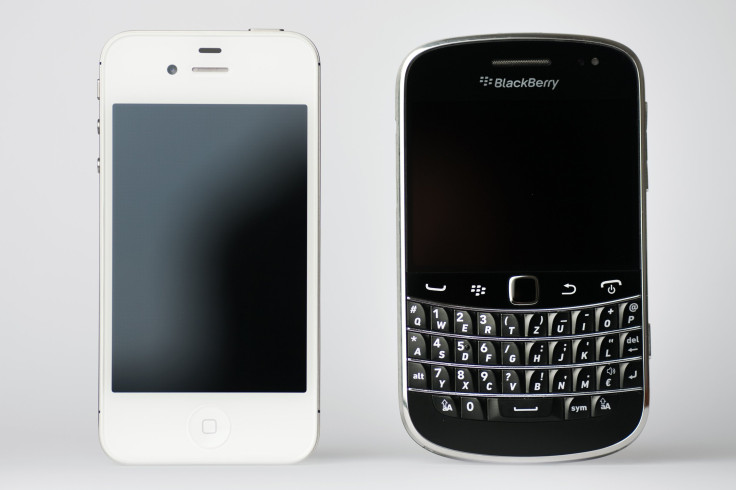Researchers Want to Make Cell Phone App That Can Test for HIV/AIDS

A researcher announced today that a South African and South Korean team is working on the development of a phone device that would be capable of testing for AIDS and HIV. The project is targeting the hardest-hit rural areas of Africa. The continent has the highest per-capita rate of HIV transmissions of all the continents.
The team has created a microscope and an application that can photograph and analyze blood samples in regions that are prohibitively far away from laboratories that can test for the virus. The tool would be able to diagnose HIV and even measure the health of a user's immune system.
The "application," called a Smartscope, works like this: a small 1-milliliter (or 0.04 inches) microscope and light would be clipped onto the phone. A chip with a blood sample on it would slide into the device in front of the microscope. A phone application would photograph the blood sample and analyze the cells.
A similar tool is being researched in the United States. However, in that device, the application would send the photograph of the cells to a computer elsewhere in the country, which would analyze the cell culture.
But the Smartscope is different because it would have the ability itself to count CD-4+ cells, or a form of white blood cells. Laboratories count the amount of CD4+ cells to determine when treatment should begin.
The new technology is being developed specifically for rural areas in Swaziland and South Africa, where area laboratories may not have the tools necessary to perform such tests effectively. Six million South Africans are HIV-positive; in Swaziland, a quarter of the nation's population carries the virus.
There are still questions that go unanswered. One wonders whether you would need a smartphone for the device to work, or whether a more basic one would work as well. As for the chip that holds the blood sample, it would need to be addressed whether it comes separately, whether it is reusable, and how it can be cleaned. And the blood sample itself - how are users supposed to obtain their own blood? Researchers will hopefully address all of these questions.
Many researchers are attempting to harness increased mobile capabilities in a way that benefits the medical community. Other researchers have developed screening devices for anemia in developing countries.
The team hopes to begin clinical trials by next year.



























